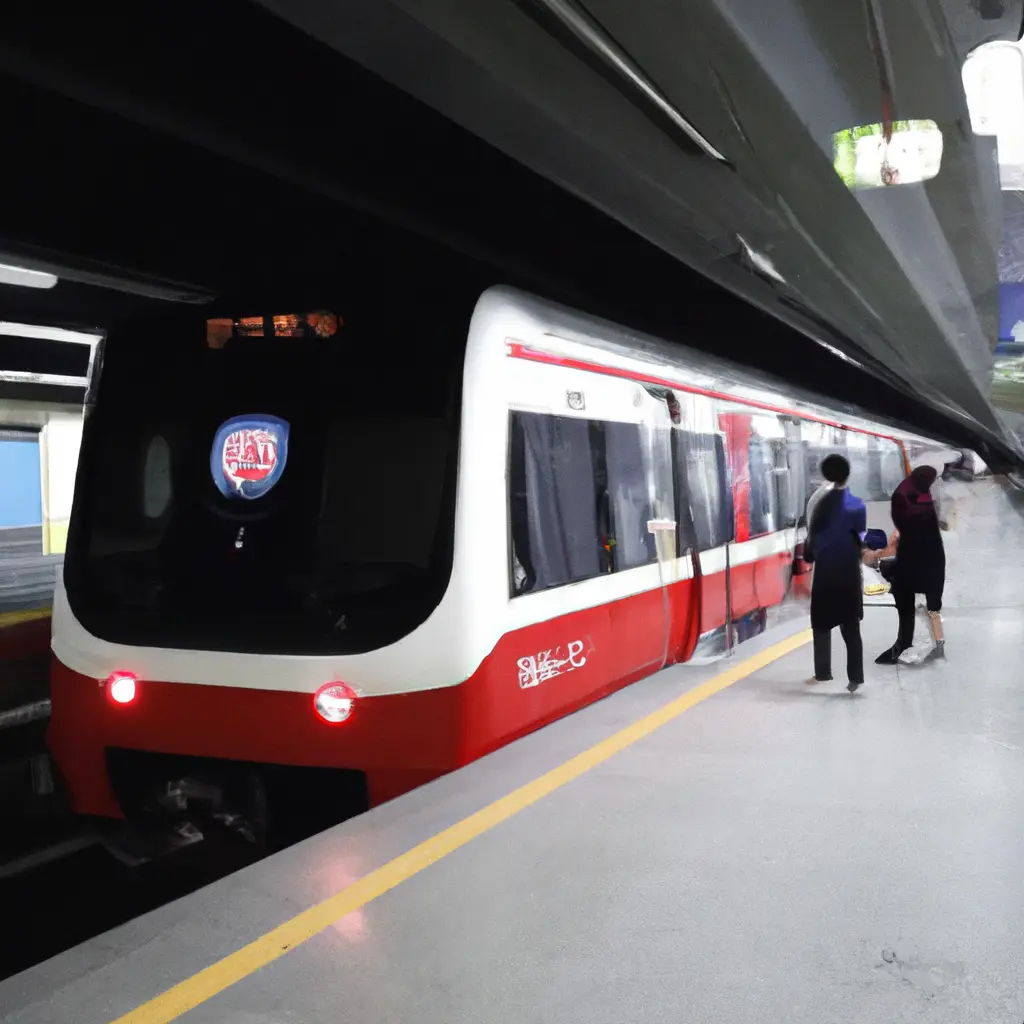SRT asks for 50 billion baht for rail projects

The State Railway of Thailand (SRT) is set to ask the Cabinet to approve more than 50 billion baht to fund the construction of a double-track rail section from Khon Kaen to Nongkhai and the extension of the Red Line electric line. The decision came after Transport Minister Surya Jangrangrit decided to fast-track key rail projects and submit proposals to the cabinet this month, SRT Governor Nirut Maniphan said on Monday.
Financing of railroad sectionGovernor Nirut said the funds would be used to finance the second phase of the double-track rail route connecting Khon Kaen and Nongkhai at a distance of 167 kilometers, with a total budget of 29.7 billion baht. Of the amount, 9 million baht is earmarked for hiring a real estate consultant, 369 million baht for land title management, 7 million baht for tendering, 28.7 billion baht for construction and 604 million baht for hiring a firm to oversee construction.
SRT also plans to hold a tender to find a private partner to build the Natha transloading center linking the Laos-China rail route to Nongkai, Mr. Niruth said.Expansion of the Red Line electric line
In addition to the double-track railroad project, SRT plans to build three extensions of the Red Line electric line with a total budget of 21.7 billion baht, Mr. Niruth added. The construction of the 14.8 km long Taling Chan-Salaya section will require a budget of 10.6 billion baht. The cost includes building the railroad (8.07 billion baht), installing the electrical system and equipment (2.28 billion baht), and the rest to hire consultants.
The 5.7-kilometer-long Taling Chan-Siriraj section will cost 4.61 billion baht. The cost includes building the railroad (2.79 billion baht), installing the electrical system and equipment (1.67 billion baht), and the rest for consultants.
The 8.84-kilometer-long Rangsit-Thammasat University stretch on the Rangsit campus will require a budget of 6.46 billion baht.
Governor Nirut said the funds would be used to finance the second phase of the double-track rail route connecting Khon Kaen and Nongkhai at a distance of 167 kilometers, with a total budget of 29.7 billion baht. Of the amount, 9 million baht is earmarked for hiring a real estate consultant, 369 million baht for land title management, 7 million baht for tendering, 28.7 billion baht for construction and 604 million baht for hiring a firm to oversee construction.
SRT also plans to hold a tender to find a private partner to build the Natha transloading center linking the Laos-China rail route to Nongkai, Mr. Niruth said. In addition to the double-track railroad project, SRT plans to build three extensions of the Red Line electric line with a total budget of 21.7 billion baht, Mr. Niruth added. The construction of the 14.8 km long Taling Chan-Salaya section will require a budget of 10.6 billion baht. The cost includes building the railroad (8.07 billion baht), installing the electrical system and equipment (2.28 billion baht), and the rest to hire consultants. The 5.7-kilometer-long Taling Chan-Siriraj section will cost 4.61 billion baht. The cost includes building the railroad (2.79 billion baht), installing the electrical system and equipment (1.67 billion baht), and the rest for consultants. The 8.84-kilometer-long Rangsit-Thammasat University stretch on the Rangsit campus will require a budget of 6.46 billion baht.Expansion of the Red Line electric line
The procurement of diesel trains.With regard to the purchase of 184 air-conditioned diesel trains, Mr. Nirut said SRT is in talks with the National Economic and Social Development Office to determine the feasibility of the project. "The feasibility study showed that a purchase plan may not be feasible. In this case, no money should be invested on it," he said. "In the future, most countries in Europe will use hybrid or electric trains. "
Did you like the content of this article?
With regard to the purchase of 184 air-conditioned diesel trains, Mr. Nirut said SRT is in talks with the National Economic and Social Development Office to determine the feasibility of the project. "The feasibility study showed that a purchase plan may not be feasible. In this case, no money should be invested on it," he said. "In the future, most countries in Europe will use hybrid or electric trains. "
Did you like the content of this article?
Comment
Popular Posts
Popular Offers

Subscribe to the newsletter from Hatamatata.com!
Subscribe to the newsletter from Hatamatata.com!
I agree to the processing of personal data and confidentiality rules of Hatamatata














